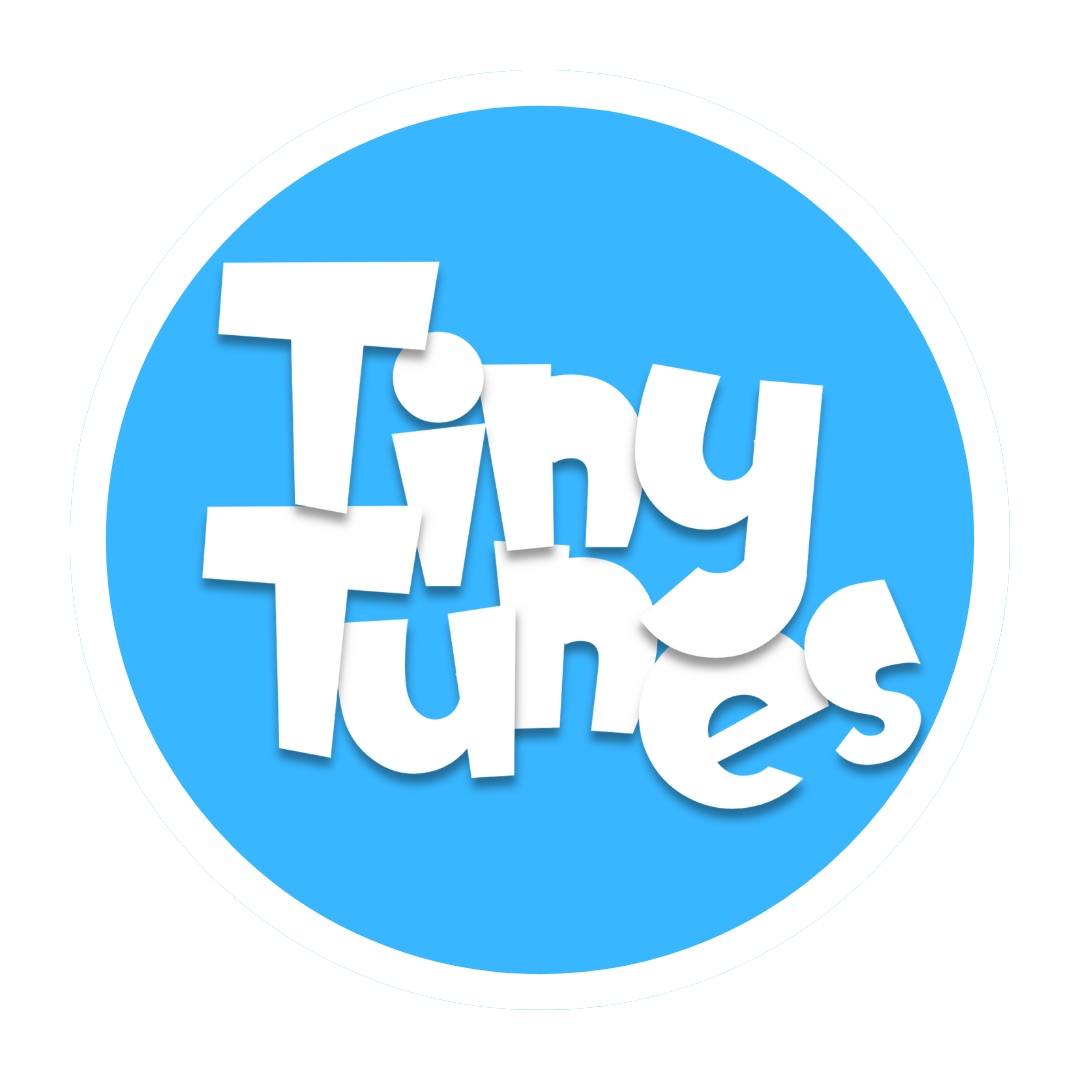Managing Toddler Tantrums
- Tiny Tunes

- Aug 23, 2022
- 3 min read
Children have tantrums because they can’t express themselves, so they cry, scream, kick and shout and even bite. It usually happens when they are 2-3 years old but can happen at any age and can feel very stressful for you as a parent.
Key Points:
If your young child is having tantrums, it can be a way of them expressing a need they are unable to communicate. It can also be an indicator that they may be hungry, tired or over stimulated
Try to stay calm when your child is having a tantrum. This can be very hard to do but if you become stressed too your child will pick up on it. Keeping calm and in control shows your toddler that you are not overwhelmed by his or her emotions and while he or she feels out of control
Other ways to help could be by using a distraction method. Reading a book, singing or something else to look at where they are like a bus going past might help them forget that they were about to have an episode.
Staying calm is key
It’s really important to try and stay calm when your child is having a tantrum. This can be very hard to do but if you become stressed too your child will pick up on it. Keeping calm and in control shows your toddler that you are not overwhelmed by his or her emotions and while he or she feels out of control, you are in control. It is also helpful to be consistent in the way you approach the tantrum.
During her tantrum he or she may not be able to hear you but sometimes by speaking slowly and quietly, you can help calm the situation. Try to avoid worrying about what other people will think if you’re out in public – if you stay calm even if your child is screaming the place down they will more likely carry on by as you are dealing with the situation. Many of them will have had children themselves and know what you are going through.
Early intervention Try to tune into how your child reacts and responds as you may be able to avoid a full blown tantrum if you learn what the triggers are and the early signs. Reduce stress and overstimulation as much as possible to prevent a possible tantrum. Other ways to help could be by using a distraction method. Reading a book, singing or something else to look at where they are like a bus going past might help them forget that they were about to have an episode. Try to avoid giving them a treat as although this may be quick fix. It can end up with your child thinking that a tantrum will be rewarded. Have a drink or snack with you in case a child is genuinely hungry or thirsty. If you want to try distracting him or her before the full blown tantrum, you may want to have or toy or something handy.
Give them a hug
Sometimes a child having a tantrum may just want your attention and giving the child a hug might help. However, this will not work if the child has already too far gone in the tantrum. Sometimes this can make the situation worse. A hug may not stop a tantrum, but holding a child firmly and gently while talking to him or her in a clear voice may help the child understand that you are not giving in to the tantrum. You and your child may enjoy a loving cuddle after the tantrum has subsided. You may need to explain that you know she was angry but still the behaviour was not acceptable. Let him or her know what they can do next time when they are feeling frightened or angry. Give your child the words to let you know how he or she feels.
If it becomes too overwhelming
Sometimes it can be really hard to stay calm when your toddler is having a tantrum especially if you are tired and stressed too. If you feel overwhelmed ensure that your child is in a safe place, just move away for a moment until you feel calmer to deal with the situation. You could try some breathing exercises to calm your mind.







Comments